Redcar hydrogen trial scrapped by government
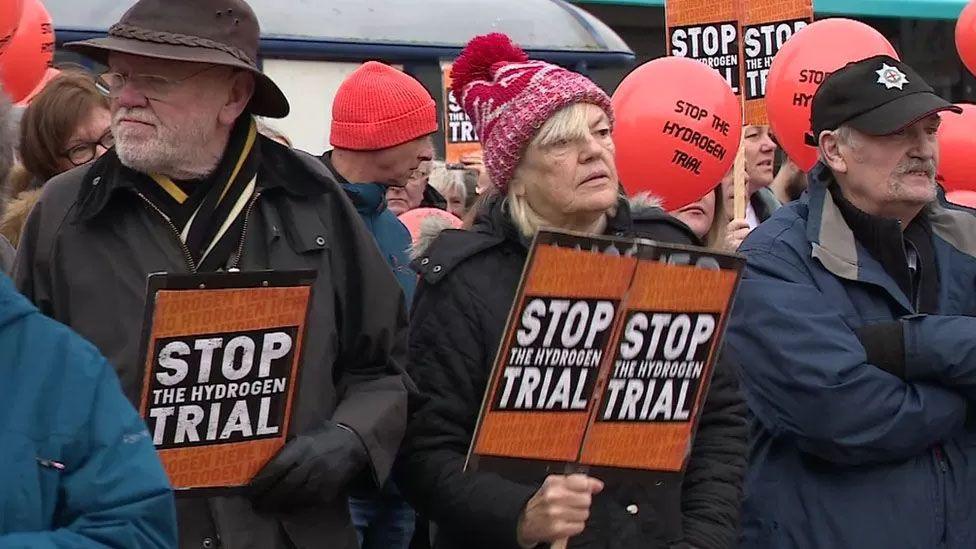
People living in the trial areas called for a public vote
- Published
A proposed pilot project to replace home gas supplies with hydrogen will not go ahead, the government has said.
Redcar, on Teesside, was the remaining area bidding to host the trial after proposals for Ellesmere Port were scrapped in July due to residents' objections.
Both areas have seen protests by people concerned about safety, cost, and the ability to opt out of any trial.
Northern Gas Networks (NGN), which would have run the Redcar trial, said it was "disappointed".
The company said the trial was not going ahead because the expected green hydrogen facilities would not now be available.
"We’re disappointed that we won’t be able to take forward our plan to heat homes and businesses in Redcar with low carbon hydrogen," a spokesperson said.
“Without adequate local hydrogen production, it is no longer possible to deliver the project."
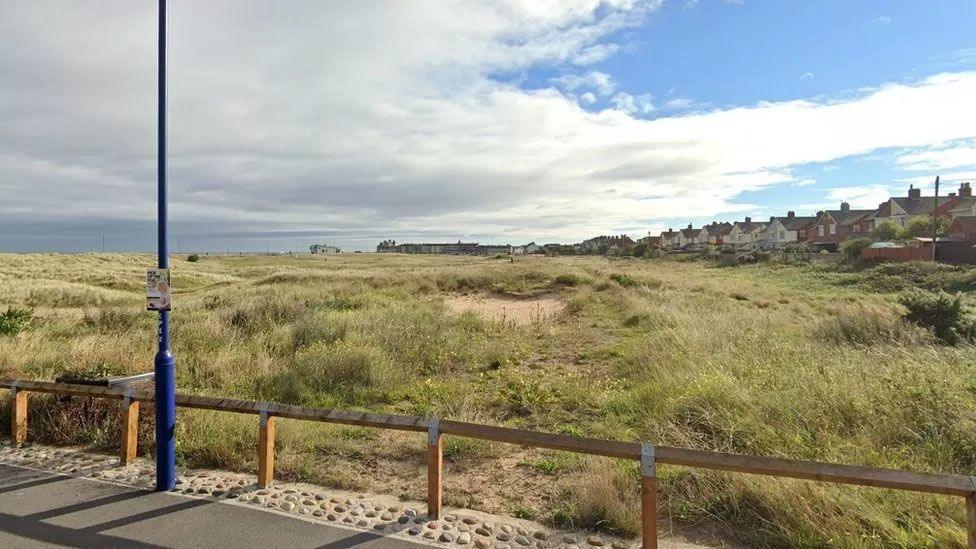
Coatham was one of the areas of Redcar earmarked for the pilot
Residents in both Redcar and Ellesmere Port had raised concerns about the safety of replacing home gas supplies with hydrogen.
They were worried it was more explosive and produced more harmful nitrogen oxide (NOx) than the currently supplied natural gas, though NGN said all safety issues would be addressed.
People living in Redcar also campaigned to be allowed to opt out of any pilot.
Resident John Mudd, who opposed the scheme, said he was "absolutely elated" it would not go ahead.
"I'm just so glad that we can finally get a good night's sleep now," he said.
"This has been a worrying proposition for hundreds of residents who did not want it.
"Finally common sense prevailed."
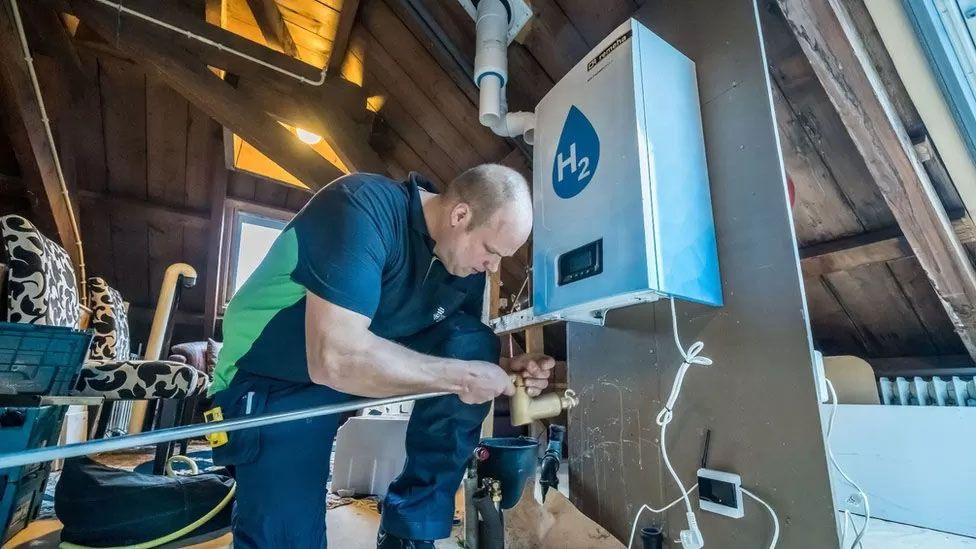
The Hydrogen Village trial was intended to test the viability of the gas for domestic heating and cooking
In a written statement to the Commons, the secretary of state for energy security and net zero, Claire Coutinho, said the proposed trial could not go ahead "as designed" because the "main source of hydrogen supply" would not be available.
"As such, the government is not in a position to provide support for the trial," she said.
In the same announcement, Ms Coutinho said the government was backing 11 projects across the UK to produce green hydrogen, through a process known as electrolysis.
She confirmed suppliers would receive a guaranteed price from the government for the clean energy they supply.
Winners and losers
Tees Green Hydrogen, based at Teesport, is one of those successful in winning government funding, external.
EDF Renewables UK, which is behind the project, said it would use green electricity from the Teesside Offshore Wind Farm along with a new solar farm it planned near Redcar to power its hydrogen electrolyser.
But the government said it would not have sufficient capacity to supply the home hydrogen pilot.
Energy company BP, whose proposed HyGreen facility had a provisional agreement to supply the majority of the pilot's hydrogen, said it was "disappointed" its scheme had not been included in the funding announcement.
It remained "committed" to the project which had "the potential to help Teesside transform into a world-class" hydrogen and carbon capture and storage hub, it said.
The government said it would decide in 2026 whether to use low-carbon hydrogen in decarbonising heating "in slower time in some locations" and, if so, how.
Follow BBC Tees on X (formerly Twitter), external, Facebook, external and Instagram, external. Send your story ideas to northeastandcumbria@bbc.co.uk.
Related topics
- Published19 November 2023
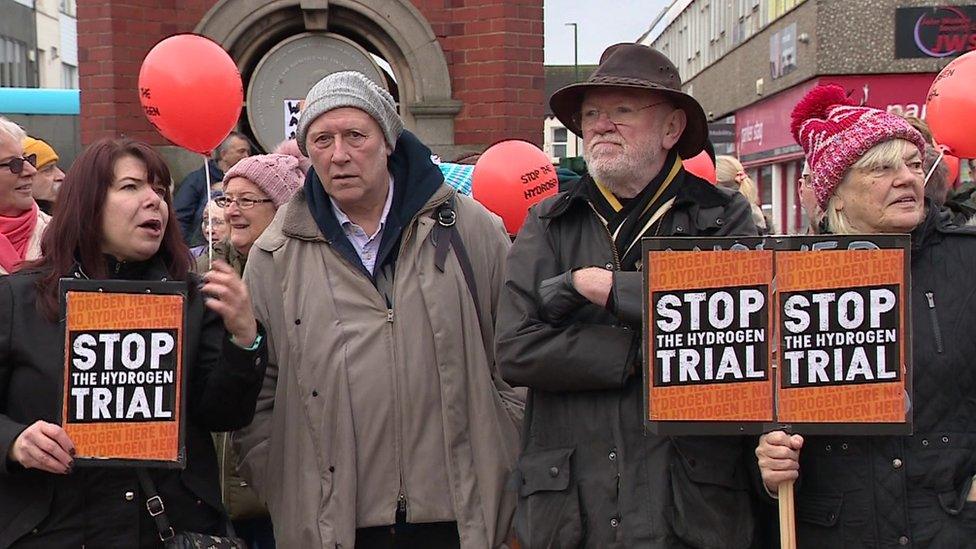
- Published11 July 2023
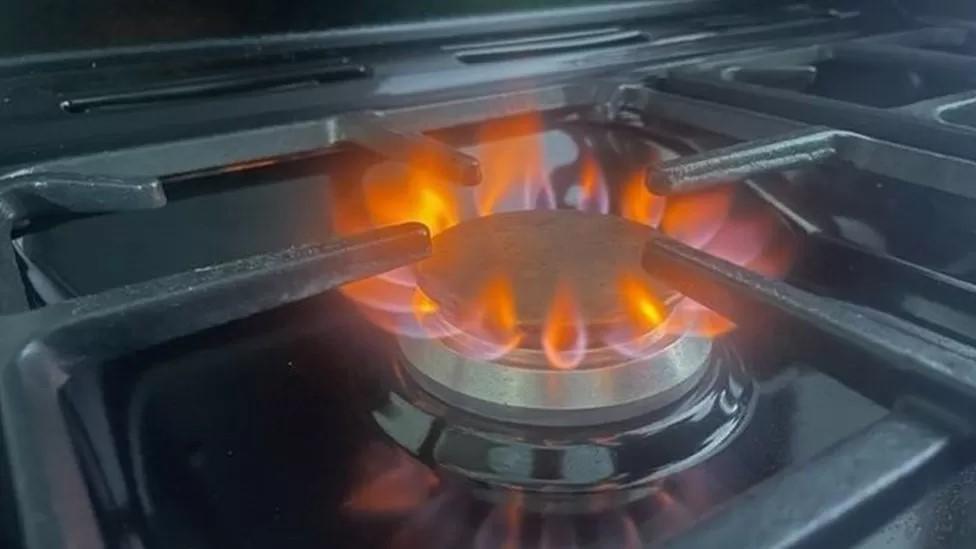
- Published4 July 2023
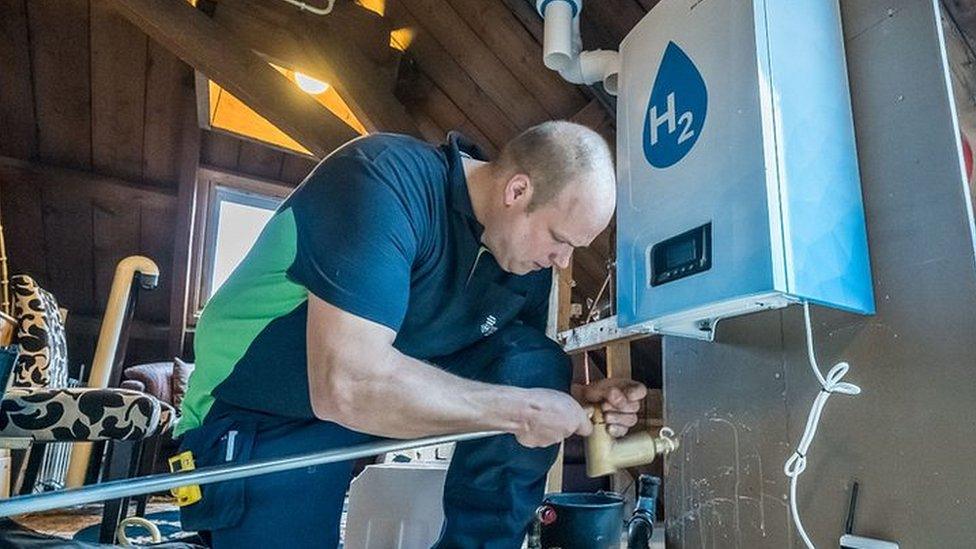
- Published31 March 2023
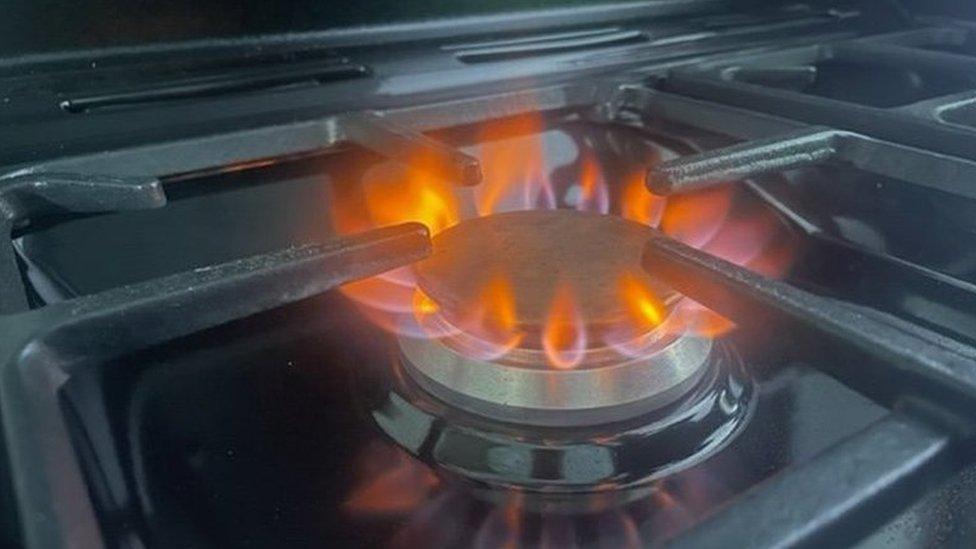
- Published4 March 2023

- Published14 January 2023
